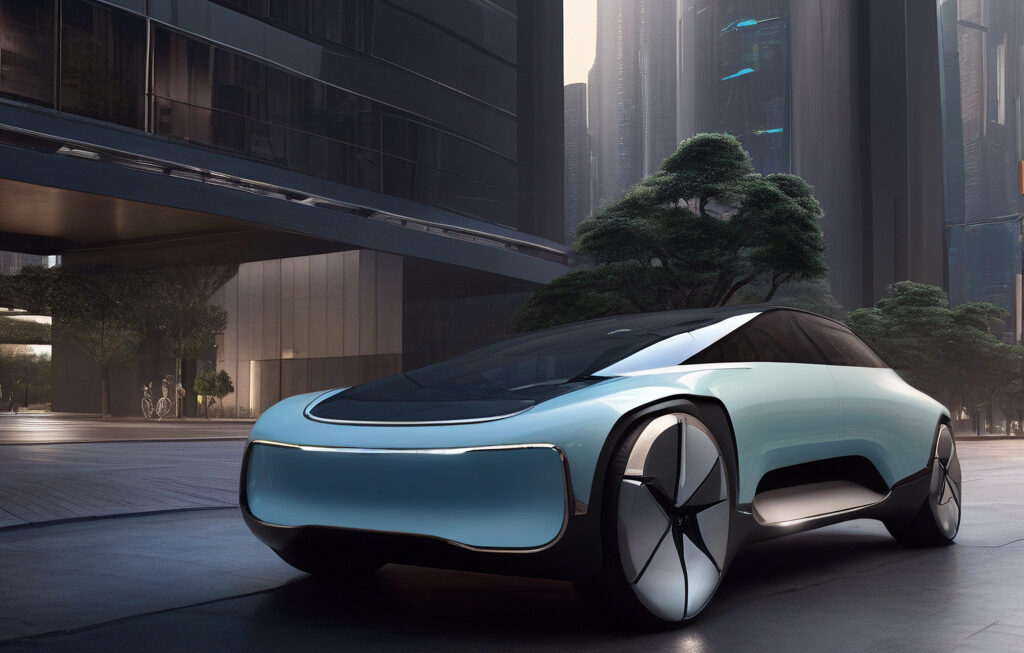World’s first Temperature Sensor for EV Motors Cuts Down on Rare Earth Use
A German automotive supplier has unveiled a new technology to measure the temperature inside permanently magnetized electric vehicle (EV) motors without the need for rare earth elements. This innovative temperature sensor aims to address the environmental concerns associated with the mining and use of rare earth materials, offering a more sustainable solution for the growing EV market.
The company behind this groundbreaking development, which remains unnamed at this point, has managed to create a sensor that can accurately monitor temperature fluctuations within the motor using non-rare earth materials. This is a significant step forward in the realm of electric vehicles, as rare earth elements are not only expensive but also environmentally damaging to extract and process.
The traditional sensors used in EV motors often rely on rare earth magnets to function effectively. These magnets are primarily composed of neodymium, a key rare earth element that is in high demand for various technological applications, including electric vehicles. By eliminating the need for these materials in temperature sensors, the German automotive supplier is paving the way for a more sustainable and eco-friendly EV industry.
In addition to reducing the reliance on rare earth elements, the new temperature sensor offers improved efficiency and performance for EV motors. By providing accurate real-time temperature data, manufacturers can optimize the operation of the motors, leading to enhanced overall vehicle performance and longevity. This level of precision in temperature monitoring can also contribute to increased safety and reliability in electric vehicles.
Furthermore, the development of this sensor underscores the importance of innovation and collaboration in the automotive industry. As the demand for electric vehicles continues to rise, finding alternative solutions to reduce the environmental impact of EV production becomes increasingly crucial. By leveraging new technologies and materials, companies can drive positive change and shape a more sustainable future for the transportation sector.
It is worth noting that the introduction of this temperature sensor is just one example of how the automotive industry is adapting to meet the challenges of a rapidly changing world. From advancements in battery technology to the integration of smart features in vehicles, innovation plays a key role in driving progress and competitiveness in the market. By staying at the forefront of technological developments, companies can stay ahead of the curve and meet the evolving needs of consumers.
In conclusion, the unveiling of the world’s first temperature sensor for EV motors that cuts down on rare earth use marks a significant milestone in the transition towards more sustainable transportation solutions. By prioritizing environmental considerations and embracing innovation, the automotive industry can continue to push boundaries and set new standards for excellence in the market.
sustainability, electric vehicles, innovation, automotive industry, rare earth elements












